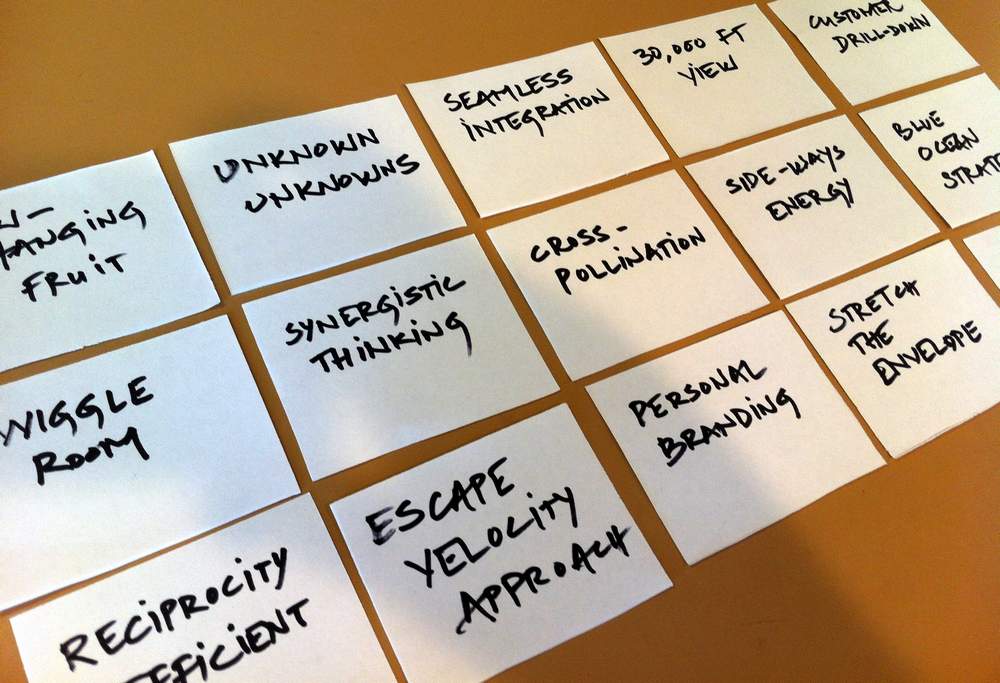Just about every interaction is about selling something, whether you realize it or not.
When you try to be persuasive in a pitch or a presentation, you may come to pass as being overconfident at best, or boastful at worst.
Here’s a method that can help you transform your boasts into benefits in support of a prospective customer.
“I have 15 years of experience in this field,” may sound boastful. Instead, say, “I bring to you 15 years of experience in this field, promising you that, should any problems surface, they will be handled promptly and proficiently.” This tolerable way to promote yourself also won’t make you seem forceful.
More to the point,
- Avoid self-superiority declarations such as “I am better than others.” Instead, couch your claims as endorsements from others: “My past clients have told me that … .” According to a study by organizational theorist Jeffrey Pfeffer, you’ll be regarded more likable and competent if you can get somebody else (even a paid agent) to sing your praises for you.
- Steer clear of humblebragging, i.e. masking a boast as a self-deprecating statement as in “I’m a perfectionist at times; it is so hard!” Humblebraggers appear less sincere than blatant braggarts do.

.jpg)
.jpg)
 Your
Your .jpg)
 In the course of life, some of the most dangerous circumstances to be in are when you think you’re the smartest person in the room. Smarts without humility can get you into trouble because hubris leads to
In the course of life, some of the most dangerous circumstances to be in are when you think you’re the smartest person in the room. Smarts without humility can get you into trouble because hubris leads to